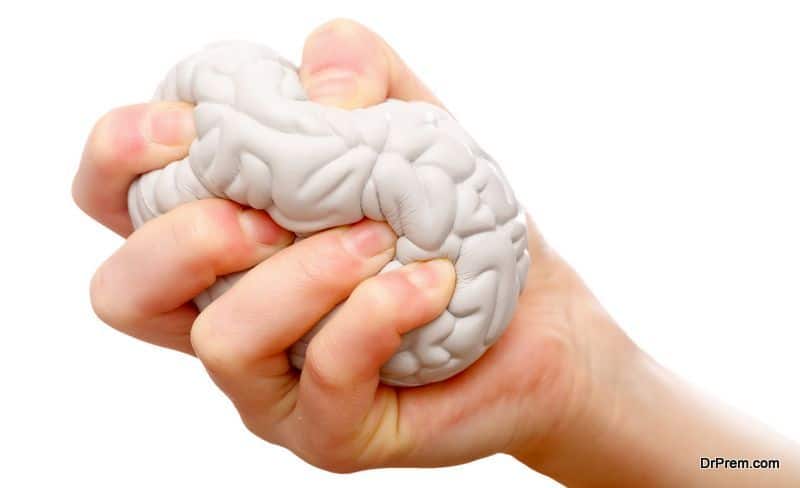The human existence isn’t always easy. We have happy moments but we also have difficult ones. Very often, the difficult moments leave us with scars, some physical and others emotional. When we get emotionally scarred after an event, it’s usually a sign that what we experienced was a trauma. According to Healthline, when someone is traumatized, they tend to feel “threatened, anxious, or frightened as a result.” Whether it’s a soldier who is dealing with transitioning to civilian life, or a middle-aged person going through a divorce, or moving to a new city, trauma is something many people experience in different ways and on different levels.
Take for example, someone who was in a car crash. They are very likely to experience some fear and panic, and this might ultimately affect their ability to drive again. According to The Barnes Firm, a car accident injury attorney in Oakland, car accidents, even ones where people don’t get injured can cause trauma to both drivers and passengers. It’s a situation that can trigger excessive amounts of fear and until that it addressed, it can affect an individual’s ability to live a functional life. Under normal circumstances, we should be able to live a fulfilling life where we love ourselves and the lives we have. Being afraid, traumatized and hurt gets in the way of so much of our happiness and we deserve better.
Trauma can have many causes
The most important thing we need to know about trauma before we go any further is that it doesn’t just occur when people experience big things like the death of a loved one, major illness, domestic violence, or being the victim of a violent crime. Sometimes the things that really affect people are things like divorce and breakups, moving to a new place, and losing a job suddenly. Many things can shatter your sense of stability and safety, and that’s what a trauma does. You should never think that the thing that happened to you is not as big and impactful as a death for it to affect you negatively. Trauma has so many different levels and layers to it, it’s multifaceted and complex. Very often people experience the effects of childhood trauma well into adulthood, so there isn’t a time limit on a trauma either.
So how do you know that you’re traumatized? Here are a few behavioral signs and symptoms that can help you determine if that’s what you’re suffering from.
Signs of Trauma
- Intense Anxiety and Fear
- Irritability
- Anger
- Loss or Increase in Appetite
- Change of Sleeping Patterns
- Depression
- Isolation and Withdrawal from normal activities
How to Address Trauma
1. Admit the Problem
If you or someone close to you has gone through a challenging time, and displaying signs of trauma, it can be difficult to know what to do about it. The first step is admitting if there’s even a problem. It takes a lot to really think about what happened, but the first step to recovering is knowing that the problem is even there. You have to be vulnerable and be willing to open up in order to start the healing process.
2. Don’t Feel Shame or Blame Yourself
The second step is not being ashamed or feel like a bad person for having trauma. Being traumatized doesn’t make you weak; it’s something that can happen to just about anyone, so don’t feel like there’s something wrong with you. One of the things that delays healing is feeling shame about being traumatized. If we can admit that something bad happened to us, then we can empower ourselves by finding solutions.
3. Get Help
The next step is getting some help in order to address the issue at hand. There are many tools available to do this, but the best place to start is talking to a psychologist who specializes in trauma. You can talk to them about the issue and maybe counselling can help. They can also refer you to a psychiatrist who might need to prescribe medication to help reduce anxiety and depression. The course of treatment will depend on you personally, and how severe the trauma is.
Recovering from trauma isn’t an easy process, but it is worthwhile. It will mean delving into some negative emotions and reliving what happened, but that’s so that you can address how it made you feel so you can overcome it. If you don’t go through the process of overcoming your trauma, it will always hang over your head like a dark cloud. It will impact all of your relationships, and reduce your quality of life significantly. Ultimately, the process of healing from trauma will make you stronger, happier and more resilient. You will grow in so many ways and become a better person. Most importantly, you won’t be defined by the bad thing that happened to you, but rather by overcoming it.
Article Submitted By Community Writer









